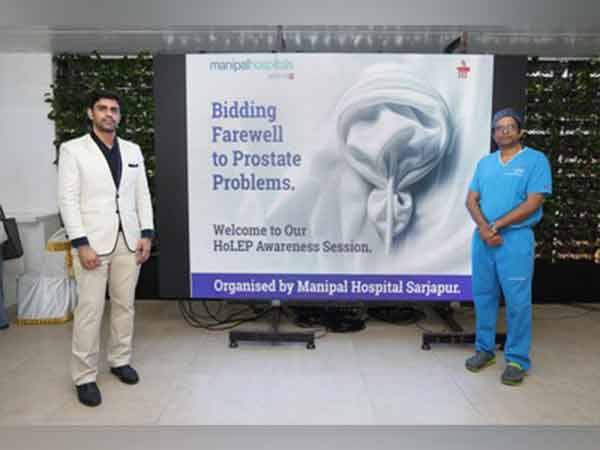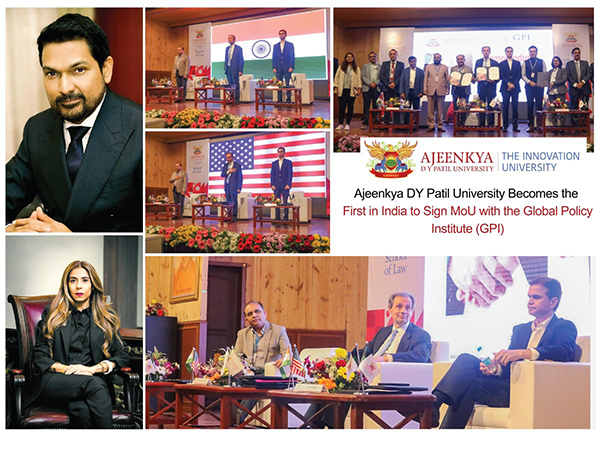J20 convenes global judicial leaders to deliberate on climate change, its legal implications
May 12, 2024
Brasilia [Brazil], May 12: The J20 Summit, overseen and coordinated by Brasil's Federal Supreme Court (STF), bought together presidents from the Supreme and Constitutional Courts of G20 member countries, as well as representatives from the African Union and the European Union to discuss critical topics including social justice, environmental sustainability, and the integration of technology for improved judicial efficiency. With its diverse agenda, the J20 is designed to establish a global platform for legal collaboration and to promote multilateral solutions.
An urgent and pressing matter is the ongoing debate concerning litigation regarding climate and ecological protection. In this context, the group will explore strategies for utilizing legal channels to advance climate security. Additionally, discussions will focus on addressing these challenges within the justice system and its potential contributions to implementing and overseeing policies that promote sustainable economic development and environmental preservation.
Another key agenda item for the group is the digital transformation and the adoption of technology, aimed at tackling contemporary challenges. What are the impacts and challenges of integrating technologies like generative artificial intelligence to improve the efficiency of judicial processes, while also ensuring transparency and protecting personal data? While the Summit sessions will remain exclusive to group members, one panel, centered on digital transformation, will be open to the public.
The J20 Summit, slated for Rio de Janeiro from May 12th to 14th, 2024, serves as a platform for exchanging ideas and initiatives within the legal sphere, fostering multilateral and bilateral cooperation among judiciaries. Each item on the agenda will be tackled through roundtable discussions, facilitating interaction among leaders in the global judiciary. The primary focus will be on devising strategies to enhance the accessibility and responsiveness of justice systems to societal needs, while concurrently promoting principles of equality and fortifying the rule of law.
The central themes of the meeting are centered around nurturing citizenship and fostering social inclusion. Discussion topics entail the judiciary's response to the mounting societal demands for heightened access to justice, coupled with strategies for enhancing judicial processes. Key questions include how Constitutional Justice can engage in collaborative efforts to advance social inclusion while maintaining the principle of equality, reinforcing the rule of law, and confronting systemic barriers to justice for marginalized individuals and groups.
Source: Emirates News Agency








